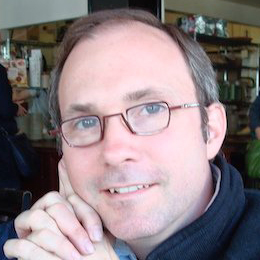As a rule, Dawn Arnold (BA 1989 New College) doesn’t let naysaying hold her back. In 2000, the French and English lit grad and others came up with the idea of holding a literary festival to honour Northrop Frye in Moncton, New Brunswick, the town where the scholar spent much of his youth. “People said no one would come,” Arnold says. So she felt justifiably proud when a respectable 3,000 people attended the first year, and when the crowds kept growing – to 17,000 last year. The bilingual festival has surprised skeptics also by drawing many distinguished Canadian and internationally known authors, such as Richard Ford, Alistair MacLeod and Ursula Hegi. “We’ve had winners of all the major national and international prizes,” says Arnold.
But for a long time, there was one conspicuous no-show. Every year, Arnold would invite Frye’s former student Margaret Atwood (BA 1961 Victoria); every year, a polite refusal. In 2010, Arnold found herself next to the renowned author at a security checkpoint at Pearson Airport, both of them getting their hands swabbed for bomb residue. Arnold seized her opportunity, swiftly introducing herself and pressing her cause. Atwood was a good sport about being buttonholed: “I should never be allowed out in public,” she later joked – and accepted the invitation to deliver last year’s keynote address, serving up an irreverent talk about the brainy professor’s impact on her and his other students.
This year’s Frye Festival will run from April 23 to 29, and, in honour of the scholar’s centenary, the festival has commissioned a life-sized bronze sculpture of Frye scheduled to be unveiled on what would be his 100th birthday, this Bastille Day.
In October, Frye’s alma mater, Victoria College, will host its own international conference to mark the centenary, with themes ranging from “Canadian Literature in a Post-National Age” to “The Survival of the Literary Imagination in the Digital Age.” University Professor Emeritus Edward Chamberlin will be among the speakers. “Frye’s basic message – that the imagination shapes reality – continues to be relevant,” Chamberlin says. “We still live through our stories.”
Recent Posts
People Worry That AI Will Replace Workers. But It Could Make Some More Productive
These scholars say artificial intelligence could help reduce income inequality
A Sentinel for Global Health
AI is promising a better – and faster – way to monitor the world for emerging medical threats
The Age of Deception
AI is generating a disinformation arms race. The window to stop it may be closing




